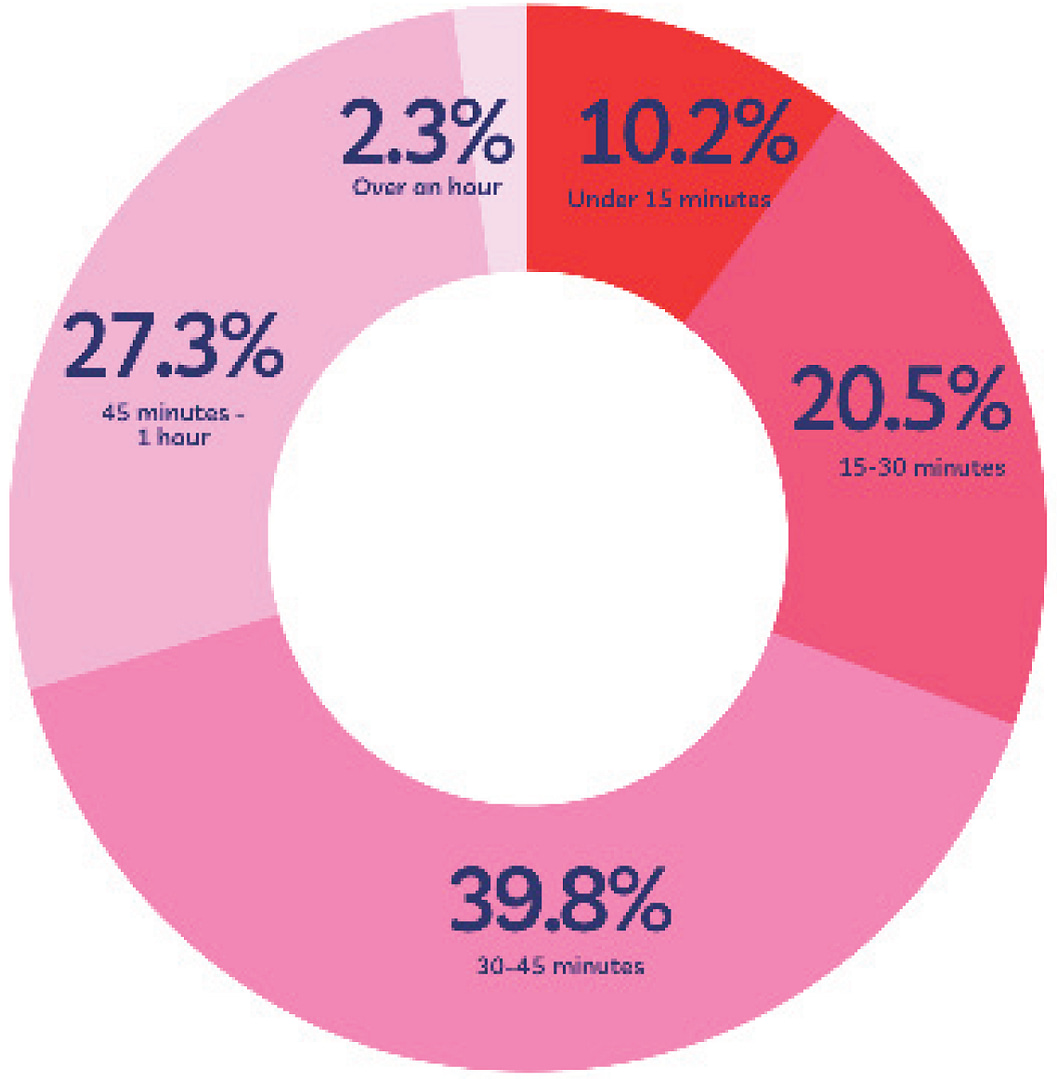Dominating media in general and gaining more nightly news coverage than all of the Democratic campaigns combined, presidential candidate and media celebrity Donald Trump has taken social media and news outlets by storm since the beginning of the election cycle. This expansive attention is due in large part to Trump’s unique no-holds-barred communication style, including incendiary proposals in his approach to critical issues in the political sphere, especially his stance on immigration.
His views and comments have had a significant impact on young and old, as evidenced by a book written and recited on Jimmy Kimmel live. The Dr. Seuss-styled book, entitled Winners aren’t Losers, satirizes some of Trump’s more grandiloquent ideas with a comical ere.
The focal point of the book states “Winners aren’t losers. They’re winners like me [Trump].” However, despite its comical-sounding nature, Kimmel’s book touches upon some perceived flaws within Trump’s plan. If Trump were to win the election and be a so-called “winner” in reference to the Dr. Seuss-themed book, his radical approach to immigration would prevent migration of all Muslim immigrants–legal and illegal– to the US. But that begs the question, if Trump were to win, it might be a success for himself, but would it really be a win for our nation? It is likely that his approach would result in the marginalization of American-Muslims and of all immigrants.
“Until we are able to determine and understand this problem and the dangerous threat it poses, our country cannot be the victims of horrendous attacks by people that believe only in Jihad and have no sense of reason or respect for human life,” Trump said. According to Yahoo News, Trump would consider requiring Muslims to register with a government database and carry special identification papers.
In addition, Trump wants to increase the restrictions on immigration from Mexico by building a wall to keep out Mexicans and other migrants from the South. Banning of immigration, however, runs counter to our tradition as a nation. The United States was built through immigration, and it is diversity that makes us stronger. One of the fundamental values that differentiates America is printed on every coin–the words “E Pluribus Unum,” meaning “From Many, One.” We don’t care where you are from, the color of your skin, whether you are rich or poor, or who your parents are; if you come to the U.S. and adopt our values, you are an American.
Politics aside, it is a biological fact that diversity is conducive to the success of species, thereby making them stronger. In fact, Loyola AP Biology and Chemistry teacher Ms. Kimberly Simon said, “In populations with higher genetic diversity, there exists more diversity in the gene pool and the possible introduction of new alleles into a given population. With increased variation in a population, it can lead to an individual possessing alleles that are better suited for a particular environment. Then, over time, those individuals that are better suited to the environment are more likely to survive and reproduce.”
American diversity is arguably the most unifying quality of our nation, giving us a unique identity dating back to the Declaration of Independence. Ellis Island, New York, serving as the largest immigrant inspection station in 1892, dons the words on the Statue of Liberty, “Give me your tired, your poor, your huddled masses yearning to breath free.” That wording served a critical purpose in welcoming all immigrants and inculcating these new citizens into our way of life, for it is estimated that close to 40 percent of all current U.S. citizens can trace at least one of their ancestors to Ellis Island.
Even Loyola High School is a contemporary example of diversity and its many benefits at play. Loyola is recognized as one of the leading high schools in Southern California where Cubs converge from a wide range of neighborhoods and backgrounds in a shared purpose of being “Men for Others.” This diversity is not a new phenomenon; from 2005 to the present, Loyola has maintained a balanced ethnic population of Cubs, having approximately half of students classified as caucasian and half as originating from other backgrounds. It is this diverse environment at Loyola that has molded our school into the successful institution that it is today.
In conclusion, our country faces many threats and challenges, to be sure, but in addressing these issues, we must ensure that we don’t lose track of diversity–the essence of what it means to be truly American.







Comments are closed.